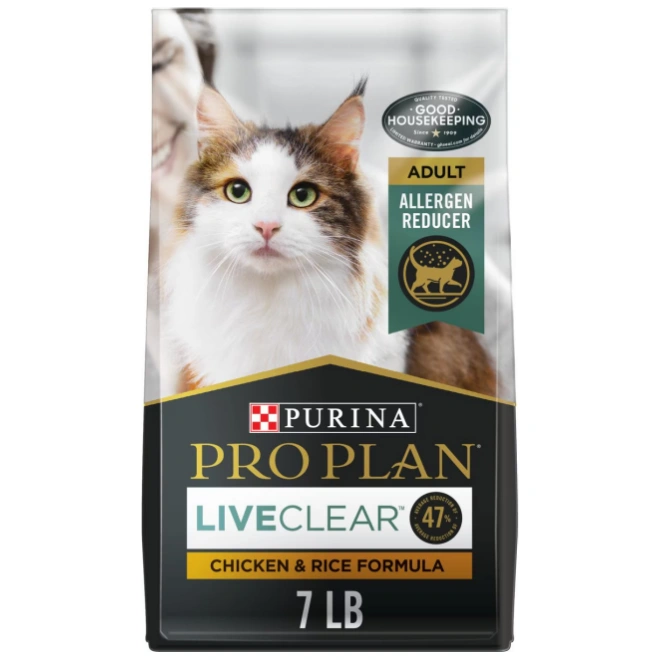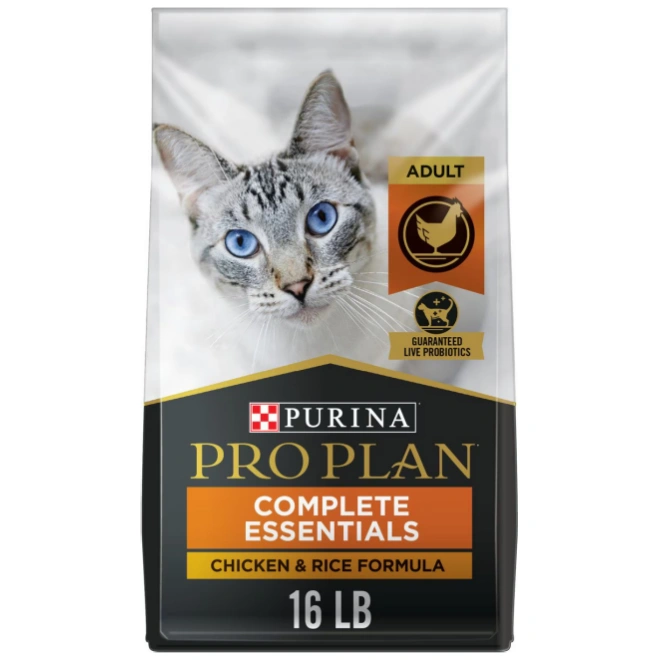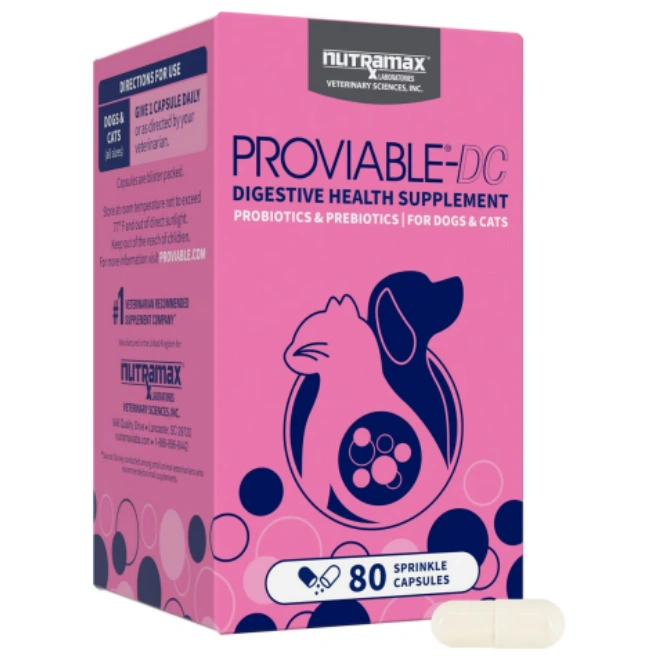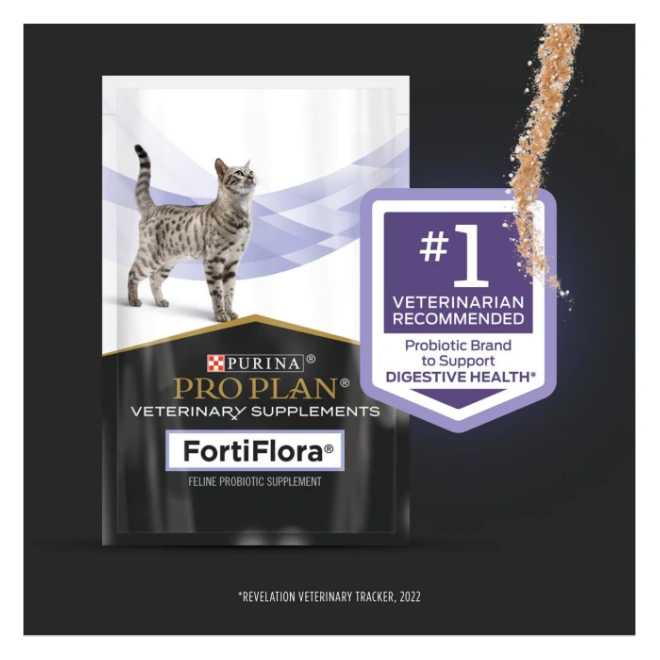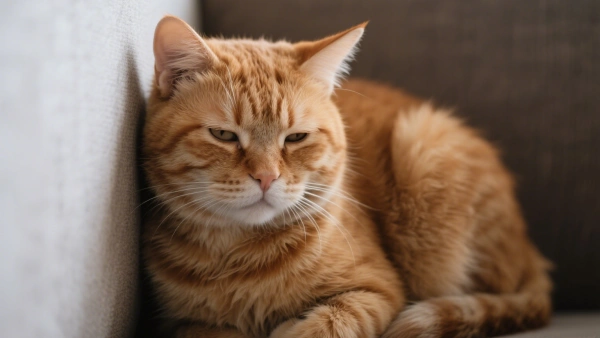Probiotics for Cats with Diarrhea: Complete Guide to Solving Soft Stools
Is your cat’s diarrhea recurring? The probiotics for cats with diarrhea recommended by vets could be the solution you’ve been looking for. Watching your cat rush in and out of the litter box, passing loose, unformed stools, is heartbreaking for any pet owner. Diarrhea doesn’t just leave cats weak and uncomfortable—it may hide serious health issues. Traditional treatments often only ease symptoms temporarily, leading to frustrating recurrences. Fortunately, probiotics for cats with diarrhea address the root cause by restoring gut microbiome balance, bringing long-term relief to countless cats. This guide will break down how to choose and use these products, helping you make the best choice for your feline friend.
Why Do Cats Get Diarrhea? Understanding Root Causes
Cat diarrhea is a common yet complex issue, and understanding its causes is critical. It’s not just a simple digestive problem—it’s a sign of an imbalanced gut microbiome. The main factors leading to diarrhea include:
Sudden diet changes: Switching cat food brands or types abruptly
Food allergies or intolerances: Sensitivity to certain proteins or ingredients
Bacterial or viral infections: Such as Salmonella or feline panleukopenia virus
Parasitic infestations: Common parasites like Giardia or Coccidia
Stress responses: Environmental changes or new household members
The effectiveness of probiotics for cats with diarrhea lies in targeting this gut imbalance directly. When harmful bacteria outnumber beneficial ones, digestive function breaks down—and probiotics for cat diarrhea replenish high-concentration beneficial bacteria to restore balance. This approach works better than temporary fixes, as it addresses the source rather than just masking symptoms.
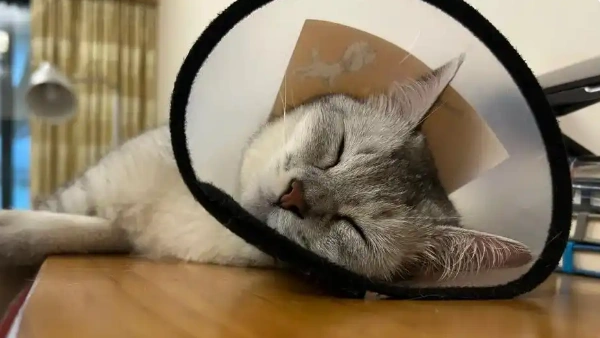
How to Choose the Best Probiotics for Cats with Diarrhea
Selecting the right probiotics for cats with diarrhea requires considering key factors—no all products are equally effective. A high-quality option should have clear strain labeling (not just genus like Lactobacillus, but specific strain numbers), at least 5 billion CFUs (colony-forming units) per serving, a mix of strains for synergistic effects, and prebiotics (like FOS) to support probiotic growth.
The best cat probiotic for diarrhea often includes research-backed strains:
Enterococcus faecium: Significantly improves stool quality
Bifidobacterium animalis: Strengthens the intestinal barrier
Lactobacillus acidophilus: Inhibits the growth of harmful pathogens
Bacillus coagulans: Resists stomach acid for high survival rates
For comparison, here’s a breakdown of top-rated products aligned with best probiotics for cats with diarrhea standards:
| Product Name | Key Strains | CFU Count | Best For |
|---|---|---|---|
| Purina Pro Plan FortiFlora | Enterococcus faecium | 1 x 10¹⁰ CFU | Fast relief for acute diarrhea |
| VetriScience Vetri Mega Probiotic | 7 strains (including L. acidophilus) | 5 billion CFU | Chronic diarrhea and gut support |
| Nom Nom Fresh Probiotic | B. animalis, B. coagulans | 3 billion CFU | Cats on fresh food diets |
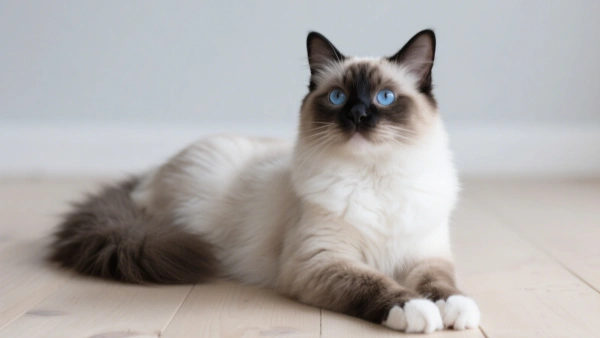
Proper Usage & Dosage Guidelines
Knowing how often to give your cat probiotics is key to effectiveness—incorrect use can drastically reduce results. For probiotics for cats with diarrhea, follow these general guidelines:
Initial phase: Once daily for 2–4 weeks to restore gut balance
Maintenance phase: 2–3 times weekly after symptoms improve
Administration: Mix with wet food for better survival (dry food may lower effectiveness)
Antibiotic gap: If your cat needs antibiotics (e.g., for cat upper respiratory infection), wait 2+ hours between doses to protect probiotic strains
For kittens, probiotic for cats diarrhea requires extra care. Kittens have sensitive digestive systems, so choose kitten-specific formulas and calculate dosage by weight. Start with half the recommended dose, observe for 24–48 hours, then increase to full dose if no adverse reactions occur. Never use adult probiotics for very young kittens without vet approval.
Potential Side Effects & Safety
Many owners worry about probiotic side effects, and this concern is valid. Overall, high-quality probiotics for cats with diarrhea are safe for most felines. Temporary reactions may include mild gas (usually resolves in days), stool changes (may soften briefly before improving), or slight appetite shifts (normal within 24–48 hours). These signs often mean the probiotic is adjusting the gut environment.
If side effects last over 72 hours or worsen (e.g., severe diarrhea, vomiting), stop use and consult a vet. Are probiotics beneficial for cats? Most research says yes—when used properly, they not only fix diarrhea but also boost immunity, improve nutrient absorption, and even enhance coat quality. For cats with chronic issues like cat kidney failure, probiotics may also support overall wellness by reducing gut inflammation.
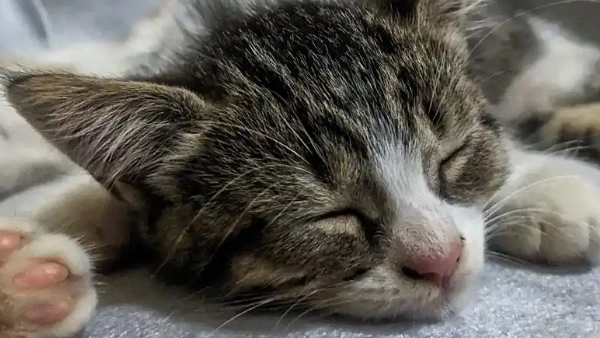
Comprehensive Management: Beyond Probiotics
While probiotics for cats with diarrhea are highly effective, best results come from combining them with other strategies. A complete diarrhea management plan includes:
Diet management: Choose easy-to-digest food with a single protein source (e.g., chicken or turkey) to avoid triggering allergies
Adequate hydration: Ensure fresh water is always available to prevent dehydration (a serious risk with diarrhea)
Stress reduction: Minimize environmental changes (e.g., moving furniture) to lower stress-induced diarrhea
Regular deworming: Prevent parasite-related diarrhea with routine vet-recommended deworming
Vet consultation: Rule out serious underlying diseases (e.g., IBD, infections) that may cause diarrhea
If diarrhea includes blood, is paired with cat vomiting, lethargy, or lasts over 48 hours, seek vet care immediately—don’t rely solely on probiotics.
Everything Our Vets Recommend
Frequently Asked Questions
Q: How long does it take for probiotics for cats with diarrhea to work?
A: Most cats show improvement in 3–5 days, but full stabilization may take 2–4 weeks. Chronic diarrhea cases (lasting months) may need longer. Consistency is key—give the probiotic at the same time daily to maintain steady gut bacteria levels.
Q: Can I give my cat probiotics long-term?
A: Yes! Probiotics for cats with diarrhea are safe for long-term use. Many vets recommend them as part of daily health maintenance, especially for cats with chronic digestive issues (e.g., recurring soft stools). Long-term use helps keep gut flora balanced and reduces diarrhea recurrence.
Q: Are probiotics safe for all cat ages?
A: Most age groups can use them, but cat probiotics for diarrhea for kittens should be specially formulated. Senior cats or those with severe health issues (e.g., kidney disease) should have vet approval before starting. Avoid adult probiotics for kittens under 8 weeks old—their guts are still developing.
Q: What’s the difference between probiotics for cat diarrhea and regular cat probiotics?
A: Probiotics for cat diarrhea often have higher concentrations of diarrhea-specific strains (e.g., Enterococcus faecium) and more CFUs to target imbalances faster. Regular probiotics may have broader strains for general gut health, not just diarrhea relief.
Choosing the right probiotics for cats with diarrhea is a key step toward your cat’s long-term digestive health. By understanding product criteria, proper usage, and comprehensive management, you can help your cat restore gut balance and say goodbye to diarrhea. Start exploring vet-recommended options today— a healthy gut means a happier, more active cat. Remember, gut health takes time to rebuild, but the patience will pay off when you see your cat back to their playful self, free from the discomfort of diarrhea.
You May Like:
- Best Probiotics for Cats: 2025 Vet-Recommended and Consumer Guide
- Probiotics for Cats with Diarrhea: Does It Help, How to Use and Choose
- Cat Vomiting and Diarrhea: Causes, Treatments, and When to See a Vet
- Cat Vomiting and Diarrhea: Causes, Treatments, and When to See a Vet
